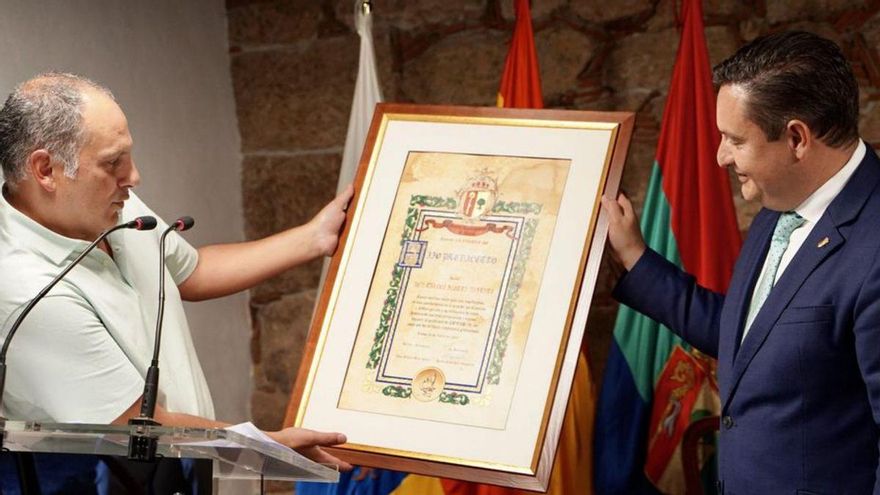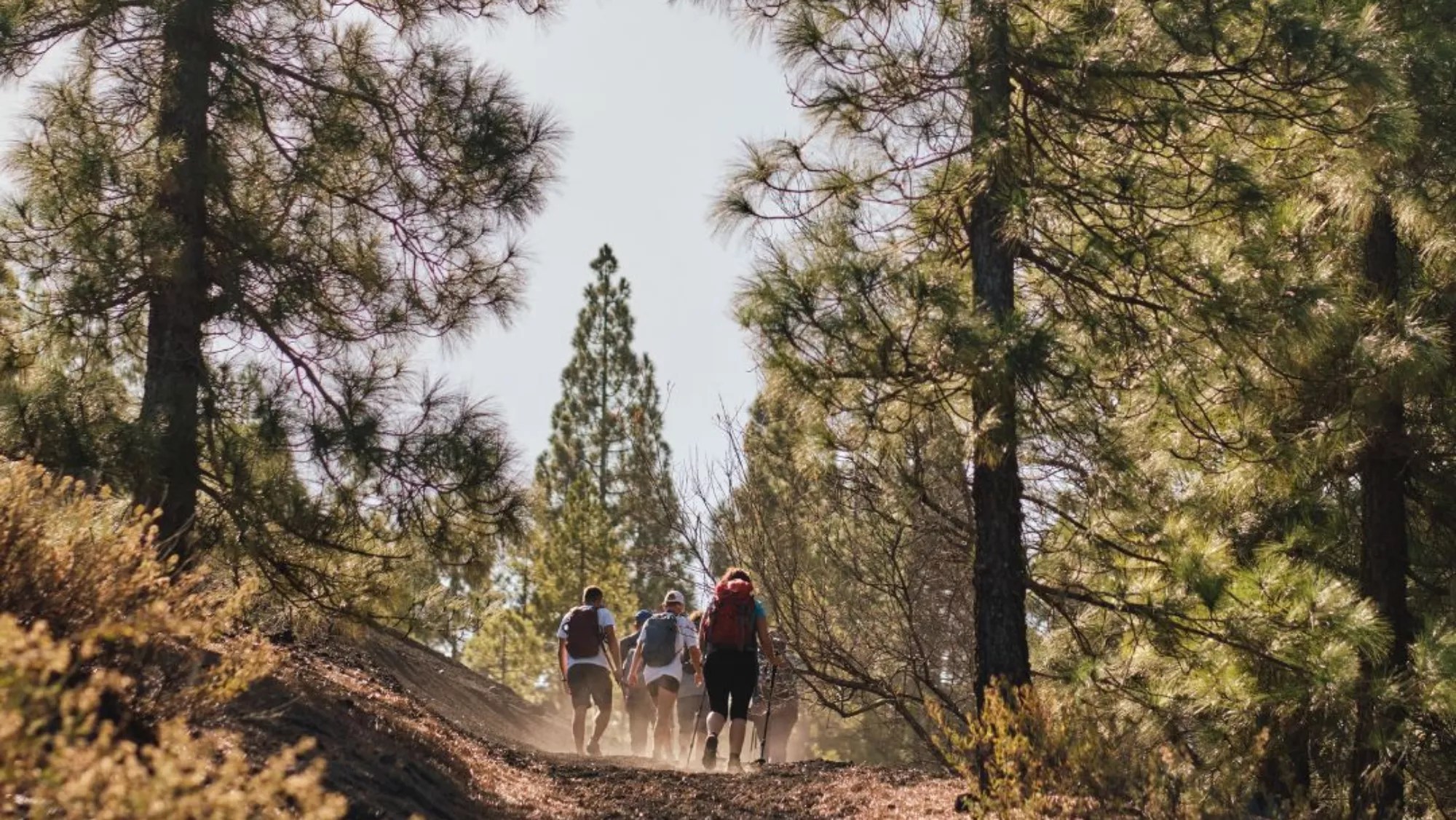
Dácil Martín Cuff, a pioneer in the free transport of cancer patients to hospitals in the Metropolitan area, and Carlos Flores, a scientist and researcher from Los Cristianos, received the recognition from the aroneros yesterday. The City Council paid tribute to them by complying with the respective plenary agreements for their work on behalf of cancer patients and for their contribution to the advances of science, respectively. Posthumously, she gives its name to the access street to the Hospital del Sur Emergency Room and he is today Arona’s Favorite Son.
“He valued every day of his life, he appreciated the small things, he kept moving forward and then, he inspired the people who were around him” is the inscription that appears on the plaque discovered by the mayor of Aronoa, José Julián Mena, and the councilor José Alberto Delgado, president of the Honors and Distinctions Commission. An act that was attended by the brother of the posthumous honoree.
José Julián Mena stressed that “her fight against cancer went much further, because she created and changed consciences” and was emphatic in stating that “without her, there would be no free transport service for cancer patients. It was vital so that, later, the city councils adopted it. Dácil Martín Cuff is present in all of us and in the heart of Arona».
Cuff launched the so-called Kilometer 0 program, which began with his vehicle after joining the Spanish Association Against Cancer. Until then, many patients could not bear the 240 euros that the transfer to the HUC and La Candelaria cost to receive cancer treatment. Today, the program is adopted by municipalities in the region, including Arona.
Shortly after, the Casa de la Bodega, in the urban case, welcomed the delivery of the title of Favorite Son to the scientist and researcher Carlos Flores. “Few people in the world treasure a professional and investigative career like Carlos Flores,” said the mayor. “It is an honor to present the title of Favorite Son to a person who puts his talent at the service of others, to improve the lives of those around him,” he said before the honoree.
Born in Los Cristianos, he studied Biology and received his PhD from the University of La Laguna, enjoying a Research Staff Training grant from the Ministry of Education and Science. Between 2002 and 2005 he was a postdoctoral researcher at the Nuestra Señora de Candelaria University Hospital. Between 2005 and 2007 he was a Research Associate in the Department of Medicine at the University of Chicago. In 2008 he returned to Tenerife, where he created his independent research group thanks to funding from the Carlos III Health Institute. Day of Award Canary Islands for Young Researchers (2003), obtained the International Research Promotion Council (European chapter, 2006). Today he is a researcher at the Center for Biomedical Research in the Network of Respiratory Diseases (Ciberes).















